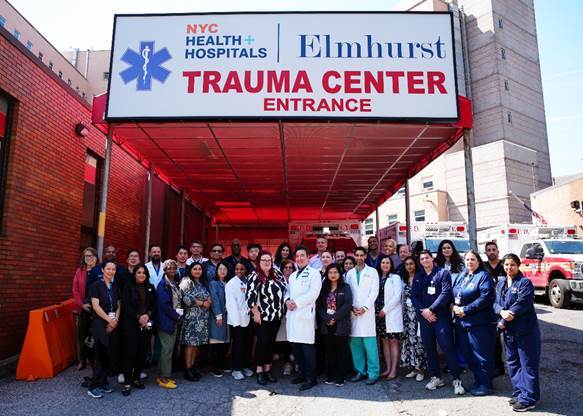Depression – when to see a doctor
Question: Sometimes I get really down and depressed and I feel like just staying in bed. My wife is pushing me to get therapy, but my friends tell me that there is no need and that I should just pull myself together. Who’s right?
– Mike Faulstien, Kew Gardens
Answer: Your question boils down to how to know when it is time for professional help with depression.
The first question to ask is “Is my sadness negatively affecting my ability to function on a regular basis?” For example, when you mention “feeling like staying in bed” does that mean that you actually stay in bed for days on end? If so, then your sadness is having a profound impact on your ability to function at your job, at home, and socially.
The clinical term used to describe that kind of behavior is called a “vegetative depression.” It usually happens when an individual feels overwhelming feelings of sadness and hopelessness and they don’t have the strength to face the world and their everyday challenges and responsibilities.
In any case, if you think there is a possibility that you may need professional help, go for a consultation. Getting a professional opinion is not a commitment to go to therapy on a regular basis.
Just like you go to the doctor when you feel sick to make sure that you don’t need medical attention, similarly when you think you may need mental health assistance, make an appointment with a professional and get an evaluation.
Feel like I am losing it . . .
Question: I haven’t told anyone about this, but I think I might be going crazy. Every time that I’m driving and I hit traffic I start shaking, I can hardly breathe, I start crying, and I wind up having to pull off the road. What is this?
– Yolanda Ruiz-Perez, South Ozone Park
Answer: What you are describing sounds like a panic attack, and no you’re not going crazy. A panic attack usually occurs when some event (in your case traffic) triggers anxiety and then the anxiety escalates out of control and the body starts physically reacting with “fight or flight” procedures.
For the few minutes that the anxiety attack lasts it can feel like you are “going crazy” and are emotionally out of control. The tricky part with anxiety is that there is a cyclical factor where the physical reactions to anxiety (crying, hyperventilating, etc.) evoke even more anxiety about “Am I going crazy?”, or “How do I make this stop?”
An important thing to remember during an anxiety attack is that 99 percent of the time it will only last 10-30 minutes and then the attack will subside on its own.
There are medications that you can speak to your doctor about that may help prevent the panic attacks, however that will not be a long-term solution. One of the most effective ways of addressing the root of the problem and stopping the attacks is to try and identify the thoughts that lead up to the beginning of the attack.
What is it about traffic that makes you so anxious? Is it because you will be late to something important? Is it a fear of an automobile accident? The anxiety provoking thought pattern is usually related to each individual’s personal life experiences. Until you resolve this, for safety reasons, you might want to consider how often you really need to be driving.
With 6 million people in the U. S suffering from panic attacks every year, you’re not “going crazy” and there are effective treatment options for you.
Jacob Berelowitz, LMSW is host and executive director of Talk Therapy TV. Send your questions to Berelowitz at jacob@talktherapytv.org

































